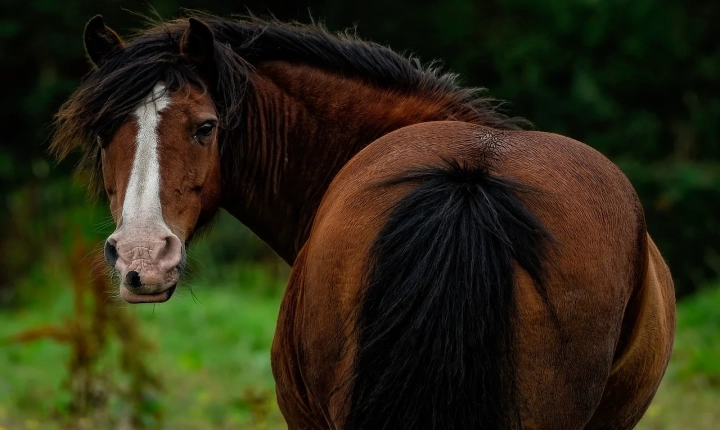Title: Exploring the Exciting World of Animation with AI
Animation has come a long way from hand-drawn sketches to computer-generated imagery. With the advancement of technology, artificial intelligence (AI) has revolutionized the animation industry by offering powerful tools and techniques to create stunning visuals. In this article, we will explore how to make animation with AI and its potential to redefine the art form.
AI-powered animation combines the creativity of human artists with the computational abilities of machines. One of the primary areas where AI has made a significant impact is in character animation. Traditionally, animating characters required painstaking frame-by-frame movement. AI, however, offers the ability to create realistic movements through machine learning algorithms that can analyze and mimic human movement patterns.
One of the key applications of AI in animation is motion capture. By using sensors and cameras to track the movements of human actors, AI algorithms can interpret and replicate these movements onto digital characters, creating lifelike and natural animations. This process can significantly reduce the time and effort required for animating complex action sequences and character interactions.
Another area where AI is transforming animation is in the creation of visual effects. AI algorithms can analyze and interpret visual data to generate realistic simulations of natural phenomena such as fire, water, and smoke. This not only saves time and resources but also allows animators to achieve a level of realism that was previously difficult to attain.
Moreover, AI-powered animation tools offer enhanced efficiency in the production pipeline. By automating repetitive tasks, such as in-betweening frames or adjusting lighting and textures, AI can accelerate the animation process, allowing artists to focus on creative storytelling and artistic expression.
However, it’s important to note that AI is a tool for artists, not a replacement for them. While AI can assist in streamlining the animation process, it is ultimately the creativity and vision of the human animators that bring a story to life. Therefore, learning how to use AI in animation is not about replacing traditional skills but about leveraging technology to enhance artistic capabilities.
To embark on the journey of making animation with AI, animators can start by familiarizing themselves with AI-powered animation software and tools. Understanding the principles of machine learning, motion capture, and visual effects generation will be essential in harnessing AI for animation.
Furthermore, collaboration between animators and AI experts will be crucial for further innovation in the field. By combining the artistic expertise of animators with the technical knowledge of AI developers, new frontiers in animation can be explored, leading to even more immersive and captivating storytelling experiences.
In conclusion, the integration of AI in animation has opened up exciting possibilities for artists and storytellers. With its capacity to streamline production processes, enhance visual effects, and create lifelike character animations, AI is reshaping the way animation is made. By embracing AI as a powerful ally, animators can unlock new realms of creativity and bring their imaginative worlds to life in ways never before possible. As AI continues to advance, the future of animation is brimming with endless potential and innovation.
